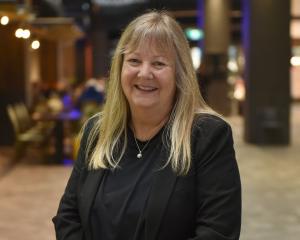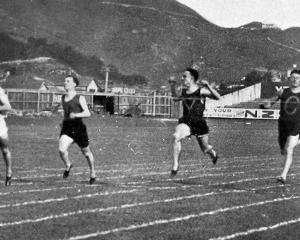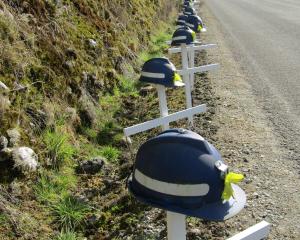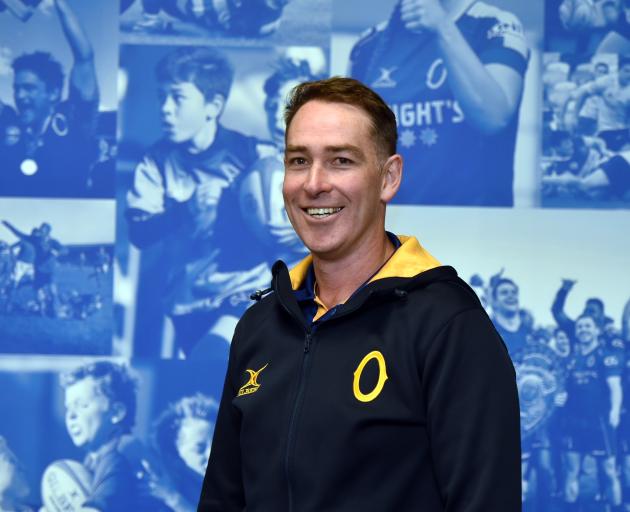
That is just one of the many questions new Otago Rugby Football Union community rugby manager Warren Kearney has started to grapple with.
He has been in the role about a month. He took over from Richard Perkins, who retired last month after 22 years in the role.
The rugby landscape has changed dramatically in the past couple of decades.
Arguably, the sport does not have the same grip on people it once had.
Life is busier and rugby careers are shorter.
But Kearney is a lifer. The game has always been part of his world in one way or another.
The 39-year-old grew up in the Maniototo before moving to Dunedin in his late teens to study. He signed with Pirates and the loose forward played more than 100 premier games for the club.
He left Pirates at the end of the 2011 season to play and coach in England and Scotland.
He spent three years in the United Kingdom before returning home, where he played for Maniototo in the championship team in 2014.
Eventually, he ended up back in Dunedin working in a rugby development role for the ORFU before getting an opportunity with New Zealand Rugby as the women’s development officer for the lower South Island.
Kearney, who has two young sons with wife Jemma, was in that role for three and a-half years.
Covid hit and roles got restructured. He moved into a game development manager gig and got to work with all the provincial unions across the South Island.
"That gave me a good snapshot of what is going on.
"Then the timing aligned with the master, Richard Perkins, retiring."
The community rugby manager role is focused on operations and supporting the clubs and schools to help develop the game.
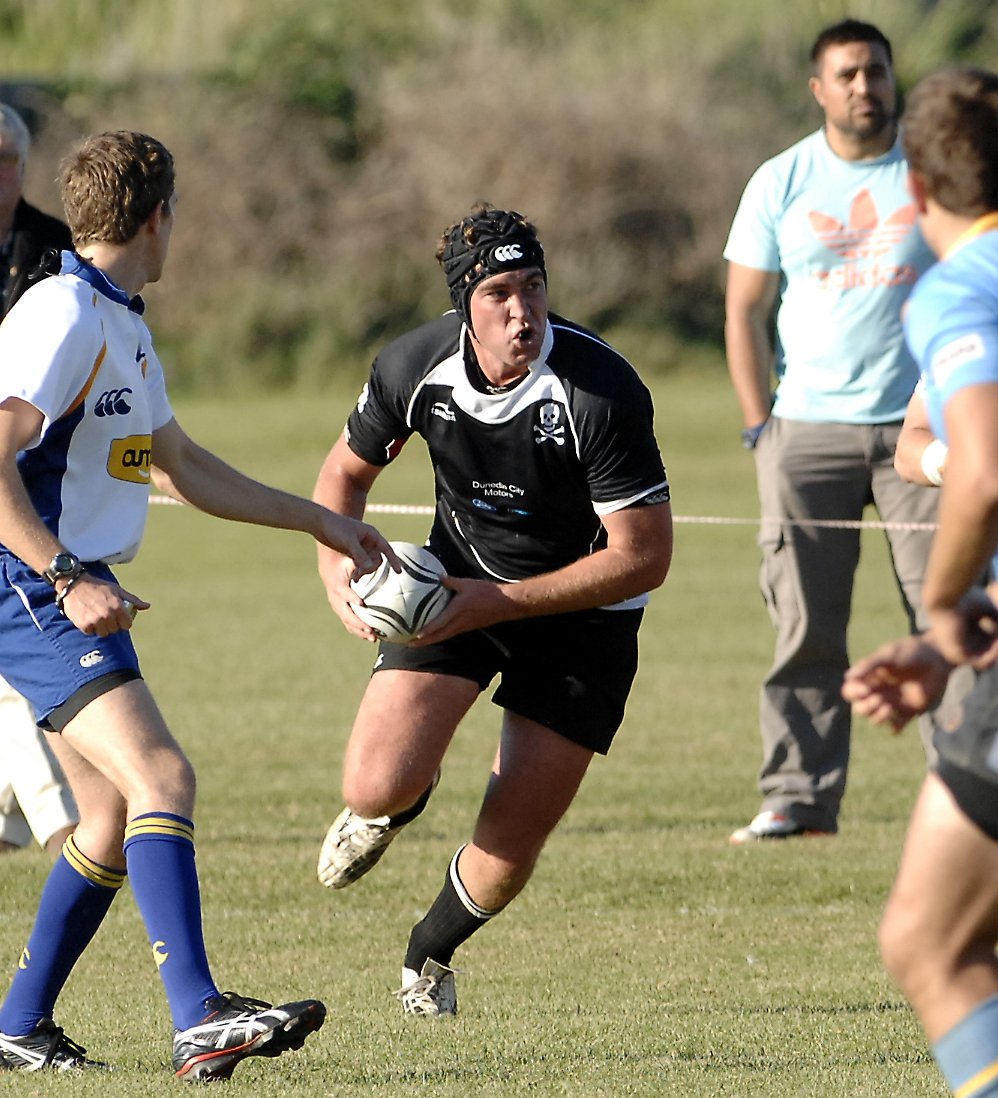
You hear so much about the drift away from organised weekend sport to casual mid-week leagues and Kearney acknowledged it was a challenge to keep people involved in the game.
"I think all structured sports like rugby face a challenge. There are so many more offerings out there. When I was young, you played rugby and that is what you did in the winter.
"I think we need to keep continuing to evolve and look at what we are offering. Perhaps that will not always be the traditional format.
"Last week, in the stadium, we had 400 girls playing Rippa Rugby. You might say, ‘well, what is their next rugby opportunity?’ But if we don’t have that opportunity then they will choose other sports."
Attracting new players is only half the battle. Retaining people is a struggle as well.
Players are starting younger and finishing sooner.
"We’ve done a bit of research and the average age of your prem player is around 21 now, so it is a very young competition now. So my next question is ‘what are we doing in terms of supporting the older players to stay involved in our clubs?’."
Increasingly, players are making the transition from First XV rugby to the premier grade without spending a year or two in the colts as they would have in previous generations.
Kearney does not necessarily see that as a sign the level of premier rugby has fallen.
"I wouldn’t say it is unhealthy. I just think the kids coming through today are that much more advanced than when I was coming through just because the work that goes in, in the school environment, is at a pretty high level.
"They are coming through with a lot of skill, size and strength because they are on these programmes."
Whether that contributes to player burnout and people leaving the game earlier is unclear. But it is probably a contributing factor, along with a whole host of other changes in society.
"In country rugby, there are still senior players playing the game, so it is maybe more of a trend in the metropolitan areas. So how do we keep that group involved more?
"Our challenge is that contact may be a factor ... so are there opportunities to do something like Rippa Rugby? It looks like rugby except for the tackling — you pull a tag. So do we have a competition that runs for those people?
"That way, they can come back to their club and play for their jersey and have an excuse to catch up on a Saturday."







